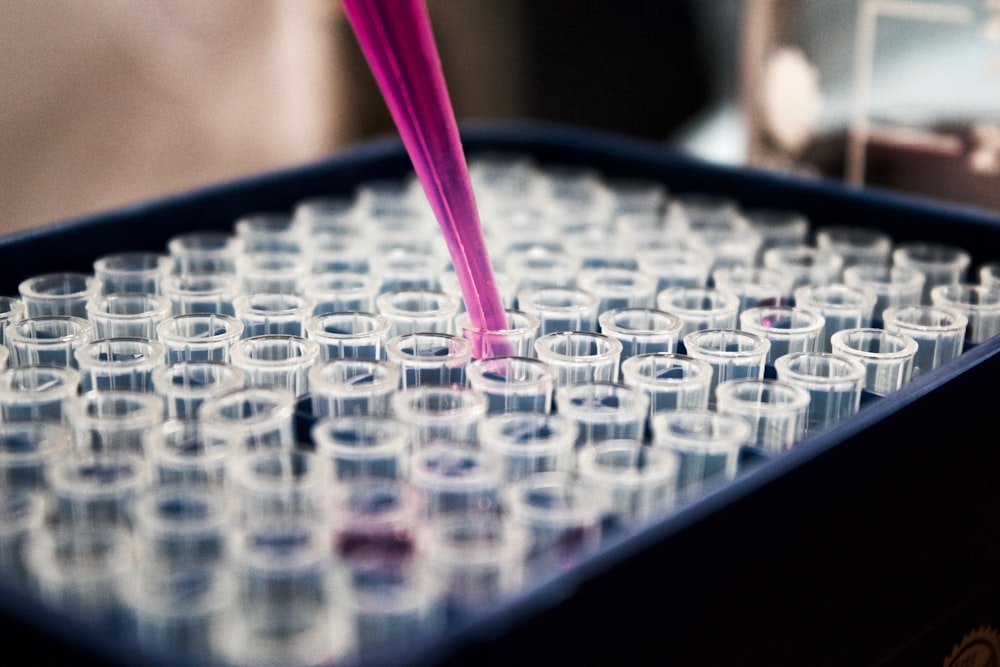The UK government have launched a 5 year national action plan on how the UK will contribute to containing and controlling antimicrobial resistance by 2040.
![]()
What is Antibiotic Resistance?
Antibiotics can be extremely effective at killing bacteria. However, the overuse and misuse of antibiotics has enabled some bacteria to mutate, acquiring genes that protect them against antibiotic drugs. The bacteria then reproduce and spread those genes, creating antibiotic-resistant superbugs.
Drug-resistant superbugs make infections harder to treat and lead to thousands of deaths per year. The Review on Antimicrobial Resistance has predicted that by 2050, 10 million people every year will be killed by antibiotic resistance. In the absence of effective antibiotics, treatable infections may become untreatable and routine, everyday operations could become too dangerous to carry out.
![]()
The Plan to Combat Antimicrobial Resistance
The government has published a 20-year vision and 5-year national action plan for how the UK will contribute to containing and controlling AMR by 2040.
The UK government has published a 20-year vision and 5-year action plan on how the UK will help control antimicrobial resistance. The plan outlines the below targets to combat antimicrobial resistance by 2025:
- Reduce the number of drug-resistant infections by 10% (5,000 infections)
- Reduce antibiotic use in humans by 15%
- Prevent at least 15,000 patients each year from contracting infections as a result of their healthcare
The plan focuses on ensuring current antibiotics remain effective by reducing the number of resistant infections and supporting appropriate antibiotic prescriptions. This will be done by using real-time patient data to enable clinicians to understand when to prescribe antibiotics (and when not to).
The pharmaceutical industry is also being encouraged to develop new medicines. Currently, drug companies are paid for the number of antibiotics sold. The new plan, however, states that The National Institute for Health and Care Excellence (NICE) and NHS England will now only pay pharmaceutical companies based on how valuable their medicines are to the NHS. The aim is to promote innovation and development of new antibiotic treatments.
The plan also encompasses animals and the environment, aiming to further reduce the use of antibiotics in animals by 25% (based on 2016 figures) by 2020.
For more information, please visit the government website.
Please contact us if you would like to know more about how Perfectus Biomed can support your antimicrobial testing and regulatory requirements.


